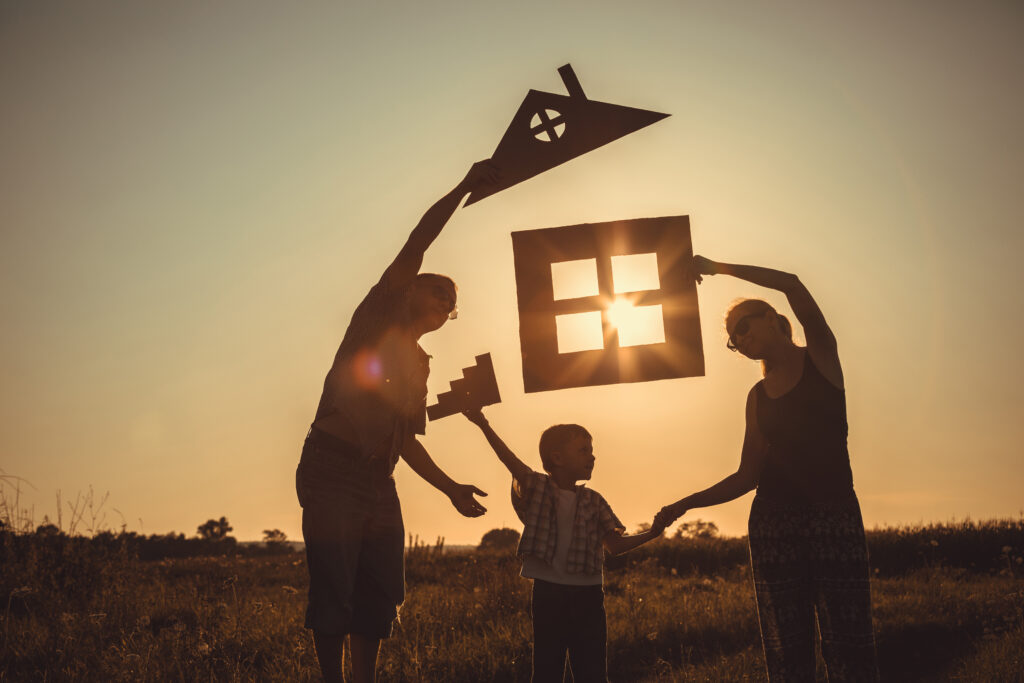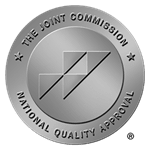An Exploration of Family Dynamics
What is Family Dynamics?
Family dynamics are the social and emotional structures that define the relationships between family members. Each family contains different dynamics and those dynamics change as people join – and potentially leave – the family. Nevertheless, family dynamics have a massive impact on the mental health and emotional development of the family’s children.
6 Types of Family Structures
There are six main types of family structures. The type of family dynamics that we were raised in has a big impact on our mental psyche today.
Nuclear Family
Two parents and their children. This is the most common family structure in the United States.
Single-parent Family
A family in which one parent is present for their children.
Extended Family
Multi-generational families in which two or more related adults raise the children together. This can include grandparents, aunts, uncles, and cousins.
Childless Family
Two people in a romantic relationship who do not have children, either by choice or due to extenuating circumstances. It is, by definition, not possible to be raised in this family structure but you may be in this structure now or in the future.
Stepfamily
A family in which one biological parent marries or moves in with a non-biological parent. This can lead to children who are not related by blood being raised as siblings.
Grandparent Family
A family where one or more grandparents raises the children in lieu of the parents themselves, who are not around for one of various possible reasons.
Of course, the six traditional family structures are not comprehensive as there are other family systems. It is possible you were raised by solely an aunt/uncle, you were in the foster system, or you didn’t have any parental figures at all. However you grew up, your family structure left a mark on your psyche and still impacts your worldview today.
The Impact of Family
The concepts of community and relationships are essential to our healing and recovery here at Barn Life. After all, no person is an island. Humans are social creatures. As humans, relationships are integral to just about every aspect of our lives.
What has been the quality of those relationships? Early in life, we may have grown up in nuclear families, adoptive families, or institutions such as boarding homes or foster homes. However, whatever the case, our family structures of origin were our first experiences of learning to engage in relationships.
Family System Dynamics: A Lasting Impact
These early experiences are of utmost importance. Indeed, family system dynamics often have a lasting impact on the quality, types, and patterns of our future relationships. Maybe some relationships have been healthy and supportive. However, others have perhaps been a source of pain, mistrust, disappointment, and toxic behaviors.
These relationships are a significant factor in the formation of our lenses of perception. If our relationships have been of a toxic origin, how do we change them? Furthermore, how do we become aware that “normal and expected” is often a formulated perception based upon familiarity even if toxic or volatile relationships are the norm?
Forging New Relationships with What We’ve Learned
In life, we will run into other people moving on their path. These people have developed their own relationship styles, systems, and strategies. In order to stop repeating toxic and maladaptive relationship patterns that maintain substance use disorders through codependency, enabling, resentments, inauthenticity, and manipulation, it’s our philosophy that we must raise awareness of the dynamics we have learned from our early family experiences.
Additionally, we must learn the characteristics and techniques that lead to healthy family dynamics such as trust, respect, effective communication, authenticity and how to set healthy boundaries. As we move forward in life and as we meet the other people on their journeys, we forge relationships that are made of denser and more reliable material.
Healing Family Dynamics in Costa Mesa, CA
Barn Life Recovery believes that helping people develop healthy relationship habits are key to our mental health services. Learn more about what Barn Life Recovery can do for you through our various events.











